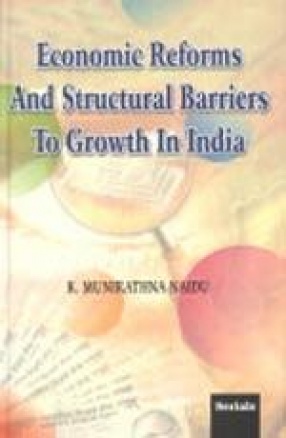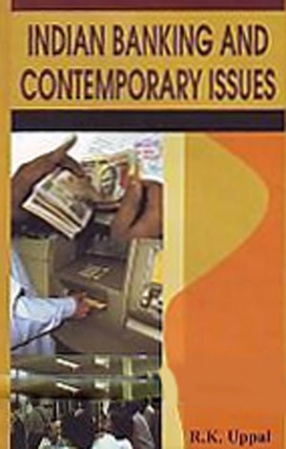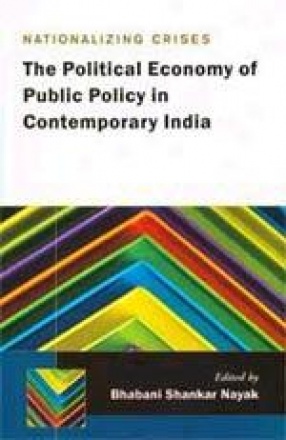Economic reforms are inevitable when a country is thrown into an economic crisis. It means economic solutions are necessary and essential to over come serious economic problems. Unfortunately it is the political policy that pushes a country’s economy into severe economic crisis, more so when unwise and non-economic crisis, more so when unwise and non-economic and uneconomic decisions are implemented with regard to financial control and monetary restrictions and compressions. Since the later 1970s governments at the central and state levels followed unrestricted financial policies without the due consideration to economic returns on the money spent based on a false rhetors "for the benefit and welfare of poor and marginalised sections of the society", thus entailing benefits of development expenditure not reaching the desired and deserving sections of society. Continuous spending without considering viable returns on the amounts spent led to profligacy which became a regular feature since 1985. The poor people received only 20% (Praise) out of every rupee spent by the government for the development of poor. Human side of expenditure reach by way of benefits has been neglected by the government. Huge amounts of borrowed money were spent on uneconomical and unplanned programmes, schemes etc., resulting in accumulation of trade imbalances leading to heavy trade deficit of unmanageable level by regular ways. In June 1991 Indian economy was thrown into serious and severe economic crisis able to sustain international payments only for week and note more than that period. Then only the political leaders realized the magnitude of economic crisis which forced India suffer a low credibility and creditability in the world (trade) circles. New Government formed in June 1991 gave the reins, the set right the low rating capacity of the nation, to Dr. Manmohan Singh, the then Finance Minister (the present Prime Minister of India), by the then Prime Minsiter Sri. P.V. Narasimha Rao. He has two objectives: (1) Stabilization of the economy and (2) effecting structural adjustment in the economy through a suitable programme, popularly called as SAP.
Indian Banking and Contemporary Issues
$55.80
$62.00





There are no reviews yet.